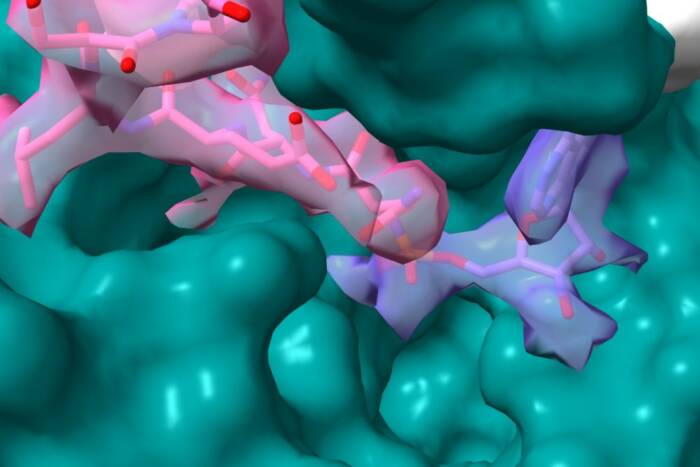New faculty member studies cancer metastasis
by ZACH VEILLEUX
 (opens in new window)Sohail Tavazoie, a physician-scientist whose research focuses on the molecular basis of cancer metastasis, has been named assistant professor and will join Rockefeller University as head of the Laboratory of Systems Cancer Biology in January 2009.
(opens in new window)Sohail Tavazoie, a physician-scientist whose research focuses on the molecular basis of cancer metastasis, has been named assistant professor and will join Rockefeller University as head of the Laboratory of Systems Cancer Biology in January 2009.
Dr. Tavazoie, a native of Tehran, Iran, first developed an interest in science research in high school, when he took a Howard Hughes Medical Institute-sponsored summer course on bacterial genetics at the University of Utah. He considered a career in clinical medicine but found himself drawn to the lab even as he trained as a physician. He received his Ph.D. from Harvard University and his M.D. from the Harvard-MIT Division of Health Sciences and Technology, both in 2003. Following his internship and residency, in internal medicine, at Brigham and Women’s Hospital, he joined Memorial Sloan-Kettering Cancer Center, where he has been a postdoc since 2006, in the laboratory of Joan Massagué.
“I am extremely enthusiastic to have Sohail join the university as our newest junior faculty member,” says Paul Nurse, the university’s president. “His research has the potential to help alleviate suffering associated with humankind’s deadliest diseases, and his approach to the problem of tumor metastasis takes advantage of the interdisciplinary and translational research programs which have long been Rockefeller’s strengths.”
Dr. Tavazoie has devoted his fledgling career to understanding what happens to cancer cells that causes them to break away from a tumor and travel to critical organs such as the lungs, liver and brain, leading to organ failure and eventually death. This process, metastasis, is the key factor in cancer treatment failure and cancer mortality. “When one thinks of solid cancers, the overwhelming cause of death is metastasis,” Dr. Tavozoie says. “I’m interested in understanding the regulatory mechanisms that promote the metastatic process.”
Dr. Tavazoie’s research has led to the identification of three important microRNAs that regulate key genes that are active in cancer metastasis. He undertook a systematic analysis of more than 450 microRNAs in cells derived from human breast tumors and discovered two that suppress migration and invasion of metastatic cells and one that suppresses their proliferation and growth. Further work led to the discovery of two target genes on which one of these microRNAs acts, and that are required for metastasis in breast cancer, the cancer on which Dr. Tavazoie has focused thus far.
“When you look at clinical tumors at time of initial diagnosis, those patients whose tumors lose expression of these microRNAs are significantly more likely to develop future metastasis,” Dr. Tavazoie says. “They are prognostic.”
At Rockefeller, Dr. Tavazoie will pursue this line of inquiry using a systems biological approach that integrates molecular, cellular, animal and clinical observations with the goal of identifying and characterizing key molecular regulators as well as extending the work to other cancers, particularly colon cancer. Ultimately, the research could lead to better tools for identifying patients at high risk for metastatic relapse, as well better therapies for the prevention and treatment of metastasis.
“Rockefeller is unique as an institution where fundamental basic discoveries have gone on to dramatically shape the diagnosis, management and treatment of human disease,” says Dr. Tavazoie. “The ability to approach a difficult problem in an environment with such a wide range of expertise allows one to think outside the box and would be of benefit to any scientist. I am honored to have been asked to come here.”


